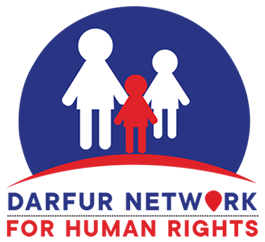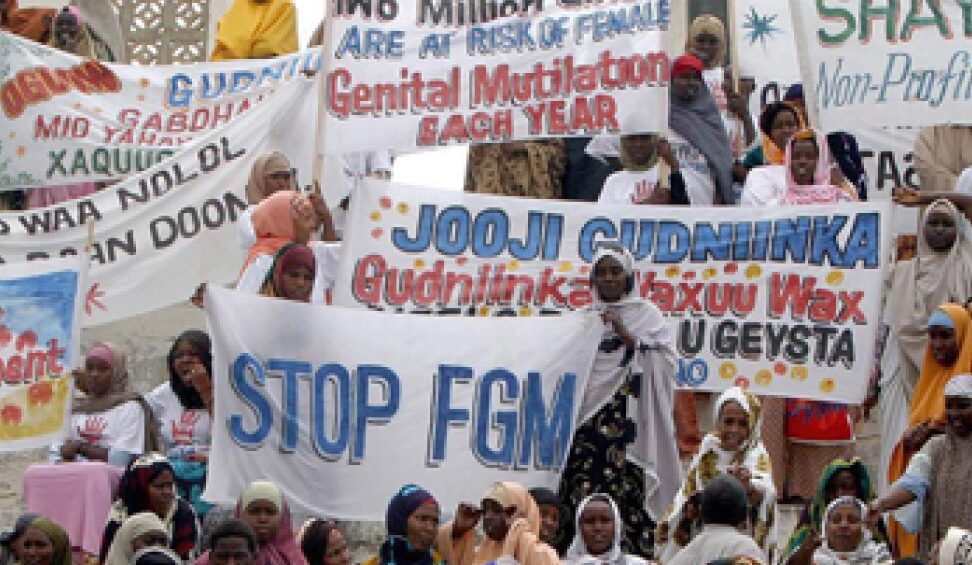The Darfur Network for Human Rights (DNHR) joins the global community in observing the International Day of Zero Tolerance for Female Genital Mutilation (FGM) by reaffirming its commitment to ending this severe human rights violation that continues to threaten the lives and futures of millions of girls in Sudan.
Despite being criminalized in July 2020, FGM remains widespread, with nearly 90% of Sudanese women and girls aged 15–49 having undergone the practice. The most extreme form, Type III (infibulation) which involves the removal and sewing shut of female genitalia continues to be performed on young girls, often between the ages of 5 and 9. This practice is a gross violation of human rights, causing lifelong physical, psychological, and reproductive health consequences.
Legal Progress But Limited Enforcement
The criminalization of FGM was a historic step forward in protecting Sudanese girls, but without strong enforcement mechanisms, the law alone has proven insufficient. Many cases continue to go unreported, and cultural and social pressures drive the practice underground. In some regions, FGM is now being performed by health professionals, further entrenching it within medical settings.
The Urgent Need for Action
FGM is not a cultural or religious necessity—it is a harmful practice that must be eradicated. It is a direct violation of fundamental human rights and perpetuates gender inequality, denying girls and women their dignity, health, and autonomy. DNHR stands firm in its demand for:
✔ Full enforcement of Sudan’s FGM ban, including prosecution of those who perform or facilitate the practice.
✔ Community-driven awareness campaigns to dismantle harmful societal norms that sustain FGM.
✔ Strengthening protections for girls at risk, including intervention programs at schools, health centers, and within local governance structures.
✔ Support for survivors through medical, psychological, and legal assistance.
✔ Engagement with religious and community leaders to shift narratives and champion the abandonment of FGM.
A Collective Responsibility
Ending FGM requires a coordinated, sustained effort from government agencies, civil society, international organizations, and community leaders. DNHR calls on Sudanese authorities, humanitarian agencies, and advocacy groups to prioritize FGM elimination efforts, fund survivor support programs, and enforce laws without exception.
On this International Day of Zero Tolerance for FGM, DNHR stands in solidarity with all Sudanese girls and women at risk or affected by this practice. Every girl has the right to live free from harm, coercion, and violence. The fight to end FGM is not just a women’s issue—it is a human rights imperative.
📢 Zero tolerance means zero tolerance. No compromises. No exceptions. End FGM now.

